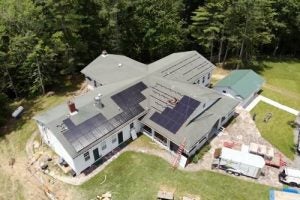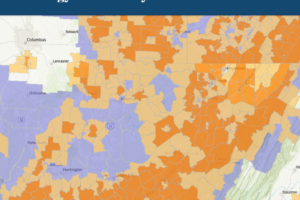This week, the House of Delegates’ Ways and Means Committee released the text of their massive tax and spending bill. We’ve known all along that, despite our best lobbying efforts, they’d be rolling back at least some benefits of the Inflation Reduction Act. Finally, we’re seeing what that means in practice.
First: the good news.
It’s apparent that many of the stories shared by our team, our partners, customers, and allies across the industry are breaking through. To all those who’ve lent a hand– thank you! At a high level we were bracing for cuts to be swifter and deeper than what’s actually been put forth this week, so we know that our efforts are paying off and there’s plenty of room for celebration– particularly for commercial solar.
The other positive is that this is just the starting point for negotiations. There will be more committee meetings and votes, a full House vote, and then the same back and forth over in the Senate before a final bill emerges. We expect the end result to be better than what’s on the table today. With all of that said, the House proposal thus far would:
-
-
- Eliminate the 30% residential investment tax credit after Dec. 31, 2025.
- Phase out the 30% commercial tax credit (and 10% adders) beginning after Dec 31, 2028, and wrapping up by the end of 2032.
-
Obviously, such an abrupt and extreme shift in the residential tax credit is not ideal– for our business, for homeowners who are hurting from sky rocketing electricity rates, or for the local economies that benefit from solar. But again, this is the baseline. We will continue to engage decision makers every step of the way, building on the stories that are already resonating.
As for the not-so-good news:
There’s simply no way to predict where this all lands. And, because the future of the residential tax credit isn’t guaranteed, the safest bet for homeowners who want to maximize their solar investment is to make the switch now for a 2025 installation.
We’re cautiously optimistic, but also want folks to understand the stakes. It can be a lot to take in, so give us a call if you want to learn more and see if solar can work for you.






